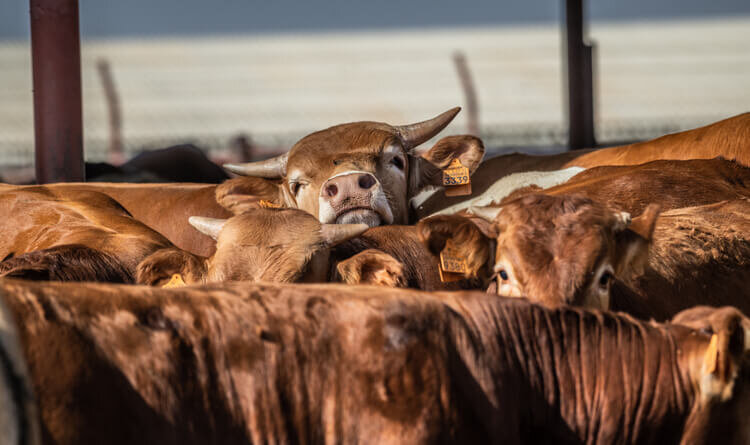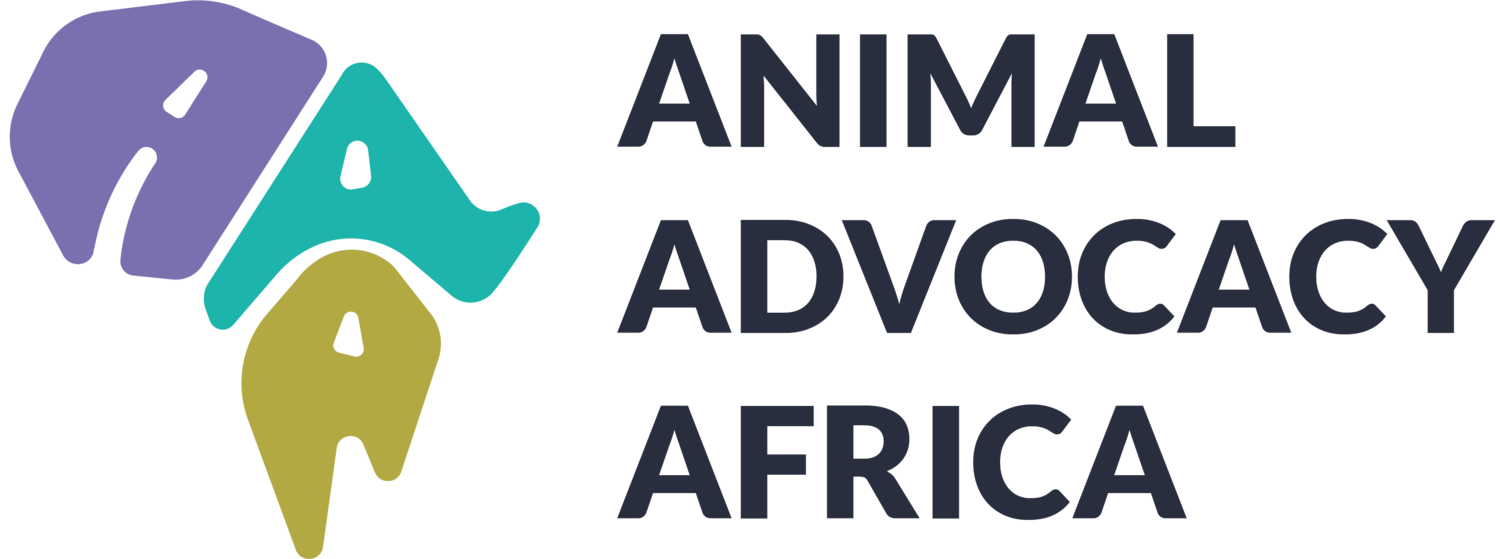
Join our Training Programme
Deadline: 13th October 2024
In 2023, we launched a training programme for (aspiring) animal advocates across Africa, supporting 20 promising individuals out of ~300 applicants. After the successful completion of our first cohort, we are now looking to start our second cohort in November 2024.
The programme is designed to equip participants with skills for effective animal advocacy, increase their understanding of farmed animal welfare issues, and explore solutions to mitigate the rise of industrial animal agriculture in African countries. Through this initiative, we aim to cultivate a network of advocates prepared to launch new farmed animal advocacy initiatives or join existing organisations within Africa.
The Programme
The training programme is divided into a Fundamentals (FTP) and Advanced Training Programme (ATP). The FTP will run for 7 weeks. Participants who are highly committed and willing to start their own projects move on to the ATP, which runs for another 9 weeks. This is followed by post-programme support. All training programmes and support is offered online.
Pre-Programme
Upon acceptance to our programme, participants are invited to join our online learning platform, involving pre-readings before the training programme commences.
Fundamentals Training Programme
Participants engage with the course content, complete weekly assessments, and connect with fellow participants and AAA staff. Throughout the FTP and especially towards the end of the programme, participants decide on their fit and interest for starting new projects or pursue other opportunities.
(~10-12 hours per week)
Advanced Training Programme
Selected participants continue to the ATP where they engage with more in-depth course content, weekly assessments, and 1-1 sessions. Participants continue working on selected interventions and prepare for implementation. At the end of the ATP, the most promising projects will receive seed funding.
(~15 hours per week)
Beyond
All participants now become the 2024/25 alumni cohort and receive varying levels of post-programme support for their projects and continuous career development.
What to expect
Learn important skills for effective animal advocacy (e.g., theories of change, decision-making, fundraising)
Online course platform with learning materials and assignments
Direct support and feedback from AAA
Group sessions and networking opportunities
Monthly stipends

Who should apply?
You’re a good fit for this program if you:
Are interested in starting a new impactful project to mitigate the rise of industrial animal agriculture in Africa
Are based in or willing to move to an African country within the next year
Are highly self-motivated, goal-oriented and open-minded
Are able to put impact first - prioritise making a measurable and sustainable difference in reducing the suffering of millions of animals
Have a strong work ethic - able to achieve tasks to a high standard
Are able to both persevere through setbacks to achieve a set goal and flexible enough to switch between priorities when needed
Are able to work both autonomously and collaboratively in teams
Have good English verbal and written skills
Can commit to devoting the required hours each week, including timely completion of weekly assignments and participating in weekly 1-1 calls and group sessions
Testimonials
FREQUENTLY ASKED QUESTIONS
-
You don't need prior experience in animal advocacy—just a strong interest in creating a large, positive change in improving the lives of farmed animals.
-
You don't have to implement the project in your own city or country, but it must be based in Africa, ideally in a location where you feel comfortable (or have had some experience) carrying out the work.
-
Yes, your project can be research-based - as long as there is a good reason to implement a research project rather than doing direct work.
-
Definitely. You are welcome to re-apply even if your previous submission was not successful.
-
No, you do not have to be vegan to join. We welcome individuals from various dietary backgrounds who share our core values. While veganism isn't a requirement, we expect individuals to care about ending the suffering of farmed animals. You should be open to learning about and understanding the arguments for veganism, even if you haven't fully adopted the lifestyle. We encourage everyone to be open to discussions about animal rights, environmental impact, and ethical consumption.
-
Absolutely, as long as you are in favour of mitigating the rise of industrial animal agriculture and ending farmed animal suffering.
-
While we'd love to fund all impressive projects, only the most promising projects will receive direct seed funding from us. However, we aim to support the most promising participants (regardless of seed funding) by putting them in touch with other funders or connecting them to other animal advocacy organisations as potential employees or volunteers.
The exact selection process and criteria will be outlined during the training programme.
-
Yes, you can submit another application. If you do so, please mention this in your application form so we know why you have done so.
-
Our goal is to reduce the suffering of farmed animals as much as possible, and we are open to a variety of ways of doing that. We envision a world where animals are no longer exploited. However, we recognise that this is a long-term goal that requires a multifaceted approach. In the interim, we believe that taking steps to ensure farmed animals have better lives is crucial and impactful.
We believe that more conscious consumer practices, such as vegetarianism and veganism, can be effective ways for consumers to reduce the suffering that their consumption causes. While we believe that dietary change is part of the solution, we also believe that it is just one part of it: those of us who care about farmed animals must engage a variety of strategies, and work with both consumers and those who abstain from animal products, if we are to bring about a more compassionate world.









